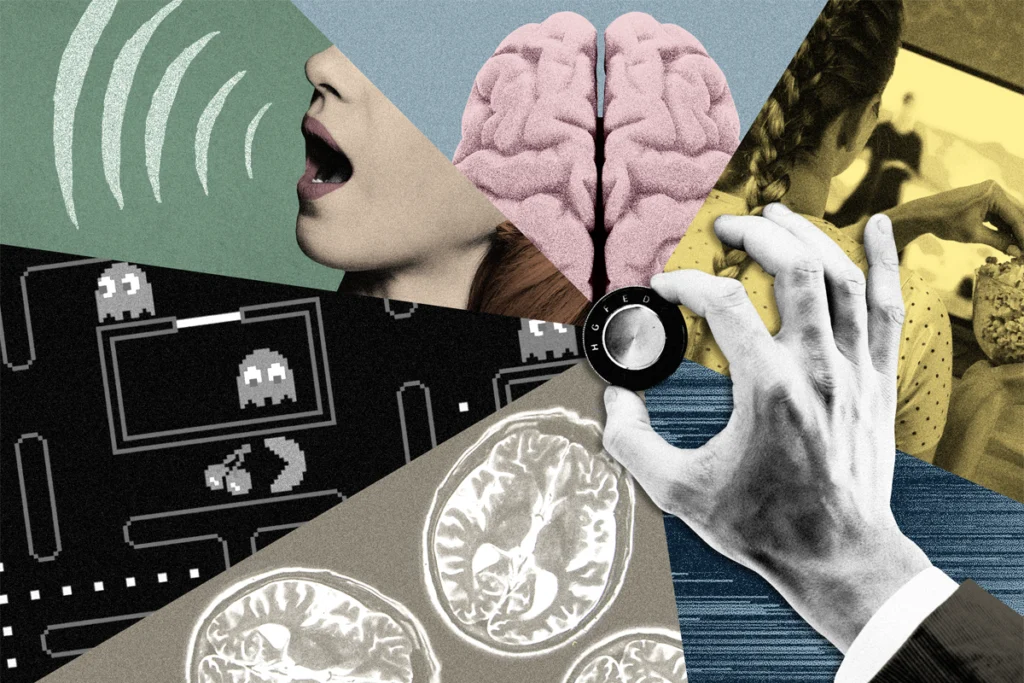Emily S. Finn is assistant professor of psychological and brain sciences at Dartmouth College, where she directs the Functional Imaging and Naturalistic Neuroscience (FINN) Lab. Finn has pioneered techniques such as functional connectome fingerprinting and connectome-based predictive modeling for predicting individual behaviors from functional brain connectivity. Her current work is focused on how within- and between-individual variability in brain activity relates to appraisal of ambiguous information under naturalistic conditions such as watching movies or listening to stories.

Emily S. Finn
Assistant professor of psychological and brain sciences
Dartmouth College
From this contributor
To improve big data, we need small-scale human imaging studies
By insisting that every brain-behavior association study include hundreds or even thousands of participants, we risk stifling innovation. Smaller studies are essential to test new scanning paradigms.

To improve big data, we need small-scale human imaging studies
Explore more from The Transmitter
Lack of reviewers threatens robustness of neuroscience literature
Simple math suggests that small groups of scientists can significantly bias peer review.

Lack of reviewers threatens robustness of neuroscience literature
Simple math suggests that small groups of scientists can significantly bias peer review.
Dendrites help neuroscientists see the forest for the trees
Dendritic arbors provide just the right scale to study how individual neurons reciprocally interact with their broader circuitry—and are our best bet to bridge cellular and systems neuroscience.

Dendrites help neuroscientists see the forest for the trees
Dendritic arbors provide just the right scale to study how individual neurons reciprocally interact with their broader circuitry—and are our best bet to bridge cellular and systems neuroscience.
Two primate centers drop ‘primate’ from their name
The Washington and Tulane National Biomedical Research Centers—formerly called National Primate Research Centers—say they made the change to better reflect the breadth of research performed at the centers.

Two primate centers drop ‘primate’ from their name
The Washington and Tulane National Biomedical Research Centers—formerly called National Primate Research Centers—say they made the change to better reflect the breadth of research performed at the centers.